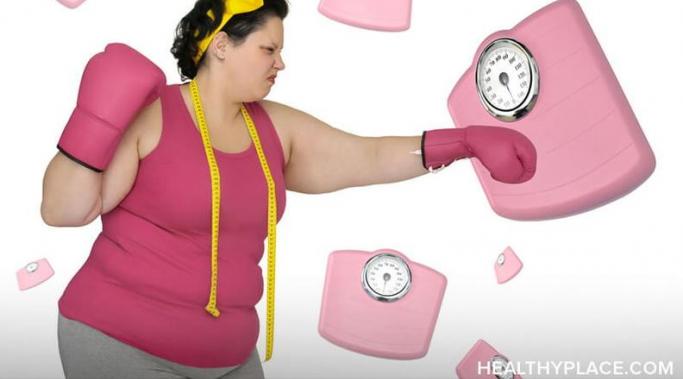Body shaming, seen daily on social media, has a heavy impact on mental health. In modern day society, it seems nearly impossible to avoid society's version of the ideal body. Body shaming consists of criticizing our own bodies and/or criticizing the bodies of others. In the magazines, on television, and on social media, people who do not fit the idea of the perfect body face scrutiny and abuse. Social media often impacts mental health through body shaming.
Mental Health for the Digital Generation
The impact of social media on mental health is a topic that the digital generation needs to start discussing. Lets be honest. The images we portray on social media do not consistently represent our authentic selves. Images allow young adults to conceal feelings of despair and depression (The Darker Side of Social Media Affecting Young People). In these moments, or when dealing with a mental disorder, people portray the person that is most appealing to those around them. It is an opportunity to hide from negative emotions behind a screen. The impact of social media on mental health is more relevant than people realize. In many situations, and for some users, social media is used as a barrier in concealing our insecurities and negative emotions.
I am Hannah Blum, age 26, and diagnosed with bipolar disorder type two. I have also struggled with an eating disorder and the daily issues of being a woman in her mid-20s. I feel fortunate to have this opportunity to write for Mental Health for the Digital Generation here at HealthyPlace.
It has been an absolute pleasure writing for HealthyPlace and uploading videos each fortnight. Thank you to everyone who has read my blogs and watched my videos each week. I feel many blessings have come out of my mental health struggles.
Most young people at one time or another, have lost self-esteem over the perfect body image. It's easy to see why, when the people they look up to in the media are portrayed as flawless, thin, tanned women on the covers of magazines, and pictures of tall, muscled men. It can be hard for those struggling with society's perfect body image and their own weight issues and can contribute to many mental health issues.
It's common to hear people describe the way they're feeling in a stressful or nervous situation as anxious. We often find ourselves snowed under with the daily pressures of life, and that can make us feel a certain level of anxiety. What I do believe however, is that the word anxiety is regularly taken out of context. People need to understand the difference between suffering from the condition of anxiety and feeling stressed.
There's no doubt social media consumes many of our lives these days, but there is a dark side to social media that affects our young people. All you need to do is look at the outraged expression on the face of someone who finds out their friend doesn't have a Facebook profile. It's everywhere, and young people are especially caught up in their so called Internet lives. They almost stop living in the real world and it's hard to go five minutes without checking their phones. Young people often compare what they see others doing on social media to what they're doing with their lives, and it makes me question -- can social media affect young people's self-esteem, confidence and feeling of self worth? Is there a dark side to social media that affects young people?
Antidepressants can help people going through a variety of mental health challenges and illnesses and you can come off antidepressants safely and without fear. Some people can remain on them for months and sometimes years. In some cases, the antidepressant medication can be temporary. Once feeling well and strong again, it's up to the individual to decide when, and if, they want to stop taking the medication. However, although the individual can be well enough, it can become too daunting to stop the medication just in case he or she slips back into the headspace they were in when starting it (My Depression Feels Unreal). This is certainly the case with me. In this video I express my thoughts and fears about antidepressants and how I want to come off antidepressants safely and without fear, eventually.
I used to be a people pleaser but now I've learned to put myself first. When I was younger, I used to be the kind of person that people could take advantage of easily. When you display that as a young person, it's hard to change as an adult -- but it is possible to put yourself first and stop being a people pleaser.
Fewer things in this life are worse than suffering from mental illness for a prolonged period, but you can enjoy a happy life after a mental illness diagnosis. In the blink of an eye, life can change and all of a sudden you’re not the person you once were. It’s been eight months exactly since I recovered from a serious episode of depression and anxiety and gained my life back (Recovering From Mental Illness: A Self-Help Guide). In this blog and video, I want to share how my life has improved and become rich again. (And I don't mean rich in the financial sense). I believe there’s no greater gift than giving back, so I hope my experience inspires you to realize that you can enjoy a happy life even after a mental illness diagnosis.









